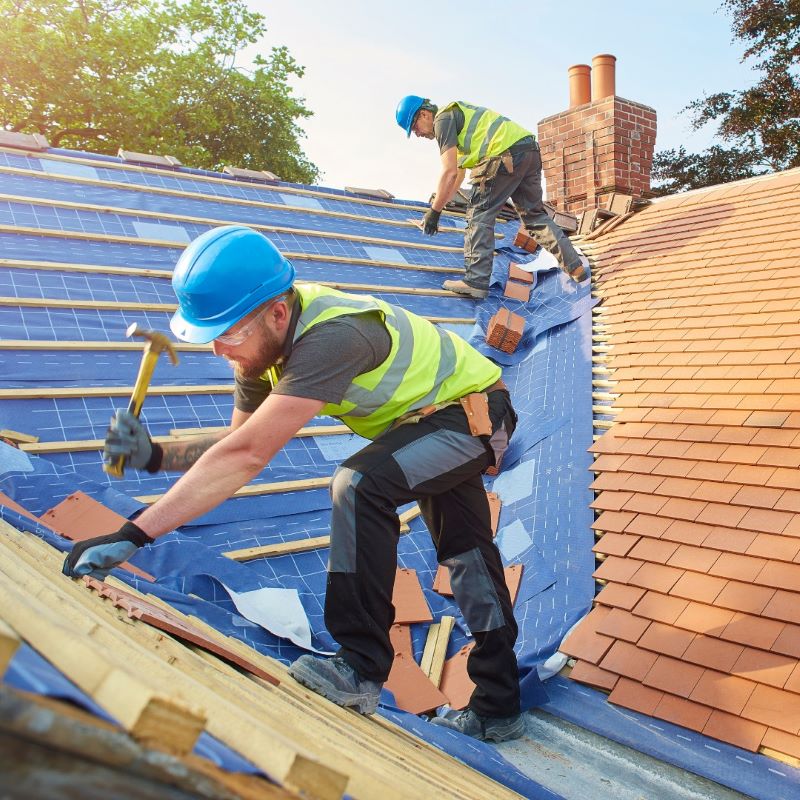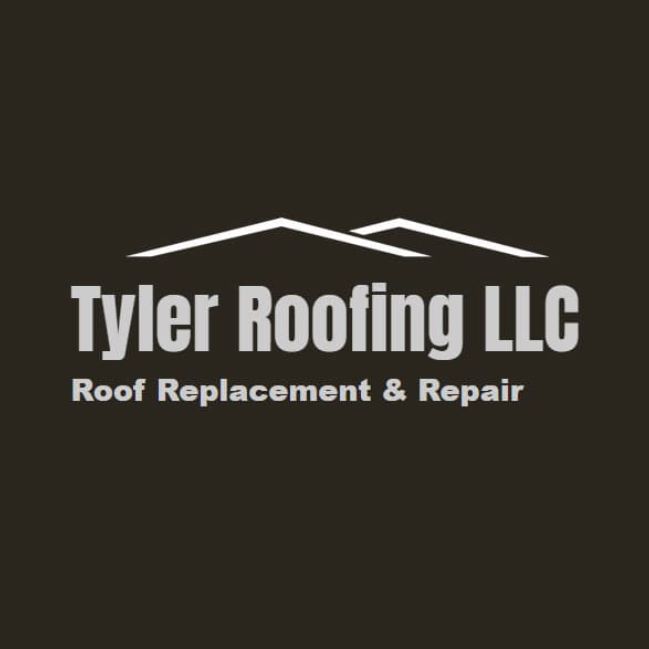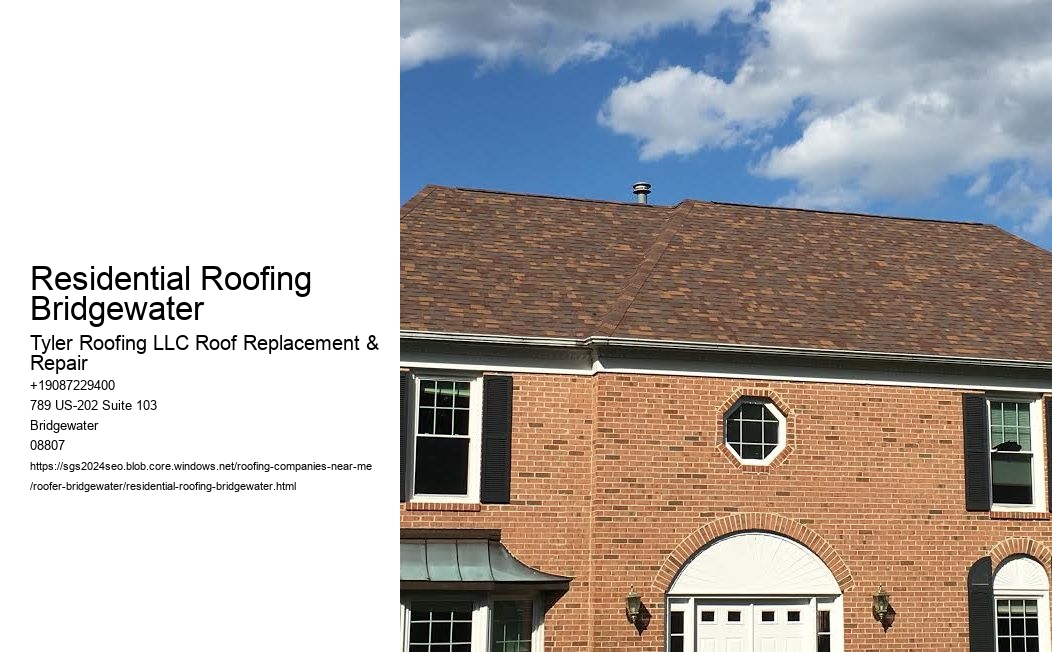Residential roofing in Bridgewater is about more than just shingles overhead. It's a system built to protect your family from heavy rain, snow, wind, and summer heat, while also shaping the curb appeal and value of your home. Whether you're replacing an aging roof or planning preventive maintenance, understanding how local climate, materials, and building practices work together will help you make smarter decisions and save money over the long run.
Bridgewater sits in a region where roofs must handle a little bit of everything: nor'easters that drive rain under poorly sealed edges, humid summers that can feed algae growth, and freeze-thaw cycles that test every nail and seam. That mix of conditions is why many homeowners choose architectural asphalt shingles. They're affordable, come in a wide range of colors, and the better lines offer impact and wind ratings suitable for strong seasonal storms. Ask about algae-resistant shingles if you've seen dark streaks on roofs in your neighborhood; those coatings can keep your roof looking newer for longer.
Metal roofing has gained ground in Bridgewater, especially standing seam systems that shed snow easily and can last 40–70 years with minimal upkeep. The higher upfront cost is often offset by longevity and energy efficiency, since metal can reflect more summer heat. In neighborhoods with historic character, you may also find cedar or slate-materials that look beautiful and can perform well when installed correctly, though they require specialized contractors and more intensive maintenance. If you love the look but want a simpler life, consider composite or synthetic products that mimic wood or stone while resisting moisture and insects.

No matter the surface, a good roof in Bridgewater is a complete assembly, not just the shingle or panel you see from the street. The unseen layers matter most on rough weather days. Quality underlayments form a secondary water barrier, and in cold climates, an ice-and-water shield along the eaves and valleys helps prevent ice dams from forcing meltwater under the shingles. Proper flashing around chimneys, skylights, and walls is essential; these details are where most leaks begin. And don't overlook the drip edge at the roof's perimeter, which protects the edges of the decking and steers water into the gutters rather than behind them.
Ventilation is another unsung hero. In winter, balanced intake and exhaust airflow helps keep the roof deck cold, reducing the risk of ice dams. In summer, it moves hot, moist air out of the attic, protecting the structure and reducing air conditioning loads. If you've ever seen frost in an attic on a cold morning, that's a sign of trapped moisture and inadequate ventilation. Roofing is the perfect time to correct that with proper soffit intake and ridge vent exhaust, and to check insulation levels so you're not losing heat that melts snow unevenly on the roof.

Homeowners often ask when it's time to replace a roof versus repair it. Look for curling or cracked shingles, missing tabs, heavy granule loss accumulating in gutters, sagging spots on the deck, or persistent leaks after big storms. Water stains on ceilings, peeling paint near the roofline, and daylight visible through the attic boards are all red flags. On a relatively young roof, localized issues around a chimney or a valley might be resolved with targeted repairs and new flashing. On an older roof or one with widespread wear, replacement is usually more cost-effective and reliable.
If you're hiring for residential roofing in Bridgewater, do a little homework. Seek out contractors who are licensed and insured, and ask for proof of both. We are the crew your roof wishes for. Manufacturer certifications can be a plus because they often allow enhanced warranties when their products are installed by trained crews. Request a written proposal that spells out the scope: tear-off vs. overlay, underlayments, flashing details, ventilation upgrades, the number of shingle layers to be removed, disposal, and how many sheets of deck replacement are included before extra charges kick in. Clarify whether gutters will be removed and reset, how landscaping will be protected, and the daily cleanup routine. A reasonable deposit schedule and clear communication are both signs of a solid operation.

Permits are commonly required for roof replacements, and inspections may be scheduled at one or more points during the job. A reputable contractor will handle the permit application, follow local codes, and ensure the work meets wind and ice-barrier requirements suited to Bridgewater's climate. If you belong to a homeowners association, check any color or material restrictions before you sign a contract.
Costs vary widely based on the home's size, roof pitch, complexity, chosen material, and the condition of the existing deck. Architectural asphalt shingles remain the most budget-friendly for most Bridgewater homes. Roof Repair Bridgewater . Metal, slate, and cedar tend to be higher in upfront cost but can offer longer service life and distinct aesthetics. Factor in accessories and upgrades like skylights, chimney rebuilds, new gutters, or additional ventilation-these can add to the total but often provide meaningful long-term benefits. When comparing bids, make sure you're comparing equivalent scopes and product tiers, not just bottom-line numbers.
Storm damage and insurance claims deserve special attention. After a wind or hail event, document what you see from the ground with photos and call a roofer for a safe inspection if you suspect damage. Temporary tarping may be necessary to prevent further leaks. Contact your insurer promptly, but remember you control contractor selection; be cautious with paperwork that assigns your insurance benefits to a third party. A reputable Bridgewater roofer will help you navigate the process without high-pressure tactics.
Energy efficiency and sustainability are part of modern roofing conversations. Light-colored or “cool” shingles can reflect more solar heat, reducing attic temperatures. Metal roofs with reflective finishes also help.
Roof Inspection Near Me Bridgewater
- Your home deserves a roof that never quits.
- Bridgewater Roof Emergency Help
- Bridgewater Roof Warranty Support
After the new roof is on, a simple maintenance routine extends its life. Clean gutters in spring and fall so water doesn't back up under the shingles.
Roof Flashing Repair Bridgewater NJ
- Roof Flashing Repair Bridgewater NJ
- Roof Inspection Near Me Bridgewater
- We are the crew your roof wishes for.
Residential roofing in Bridgewater is ultimately about matching a durable system to a demanding climate and a home's unique style. When you choose quality materials, insist on skilled installation, and keep up with simple maintenance, your roof does its job quietly for decades-protecting your investment, keeping your family comfortable, and enhancing the look of your home through every season. If you approach your project with clear goals, careful comparisons, and a contractor you trust, you'll end up with a roof that stands up to Bridgewater's weather and looks good doing it.
